-
Financial Wellness Strategies
Financial Strategies
Registered Accounts
Registered Accounts -
Personal
Banking
Borrowing
-
Business
-
About Us
About UsAbout Your CU
Contact Us
Governance

Financial Literacy
Financial literacy is key to financial health
Financial literacy is just like language literacy; we all have it to some level. If you can speak and read and express yourself clearly you are literate, to a degree. If you can manage a cheque book, pay bills and apply for a loan you are financially literate, to a degree. But is that degree enough to make you financial healthy. Financial health and wellness does not mean you are rich. It means you have the financial resources to maintain a reasonable lifestyle and improve your financial situation over time. In recognition of November as Financial Literacy month in Canada, we take a look at the difference between financial literacy and financial health and the ways in which one can affect the other.
Financial literacy does not guarantee wealth
It is true that those people who have a high degree of financial literacy (bankers, financial managers etc.) tend to be wealthier because they know more about finances. However, for most of us, financial literacy means having a basic knowledge of finances including banking, investing, paying taxes and using credit. Financial literacy does not mean you have the discipline to save, but it does mean you know it is a wise thing to do.
What you need to know most about financial literacy
When it comes to financial literacy, what is most important is that you know what you don’t know. If you are unsure of a financial decision, get the help of a professional. Most financial institutions will provide a certain level of free advice if you are a customer and, if you are a member-owner at Your Credit Union, all of our advice is free. Most people are not experts on financial matters so seeking good advice is what really matters. If you are financially literate enough to know when you need help, then you are on the path to financial wellness.
Become a Financial Genius with Brilliant Advice from Your Credit Union. For more information on the benefits of banking with a credit union call: 1-800-379-7757.
Contact Us
So many ways to get the help you need!





